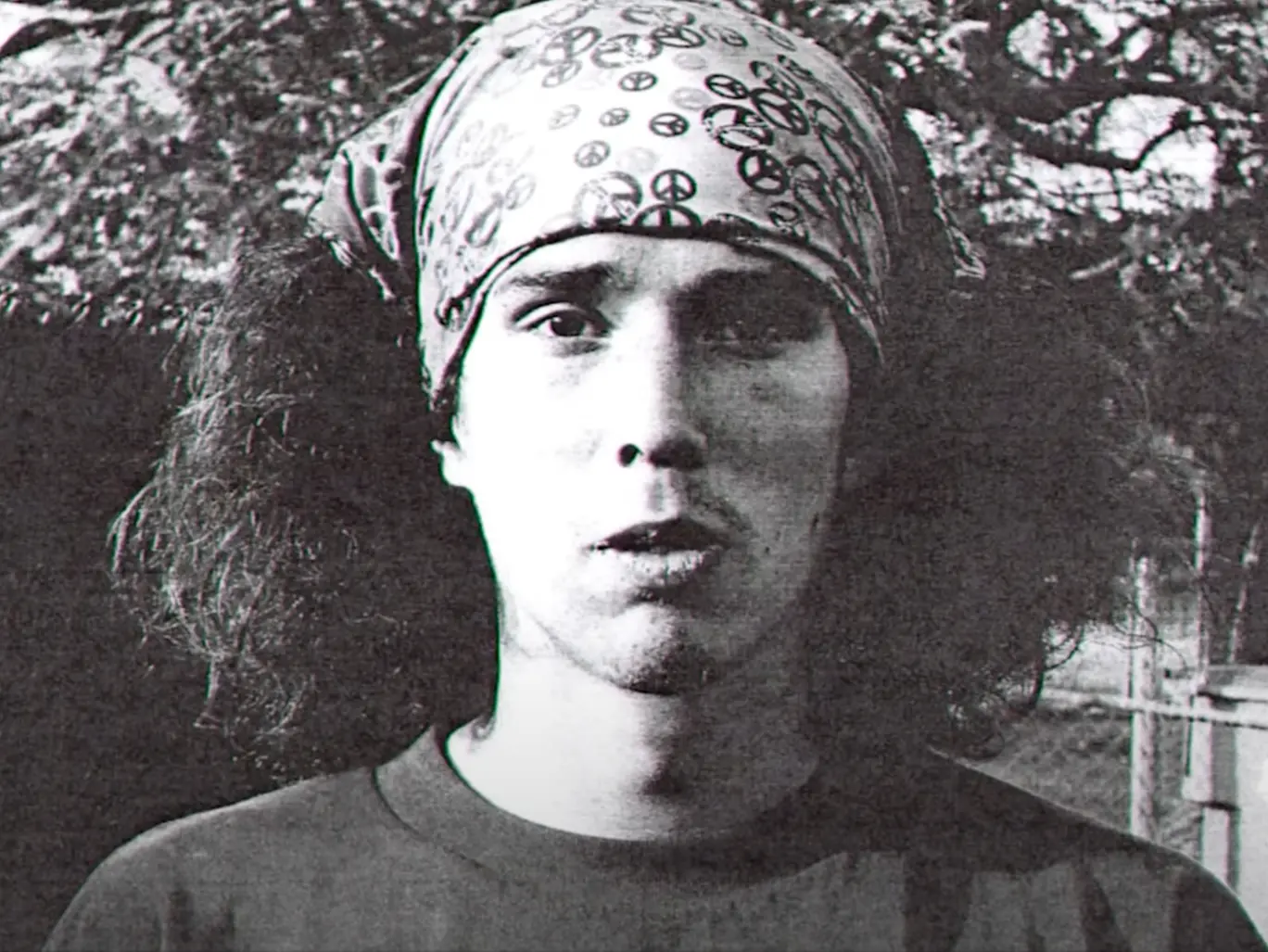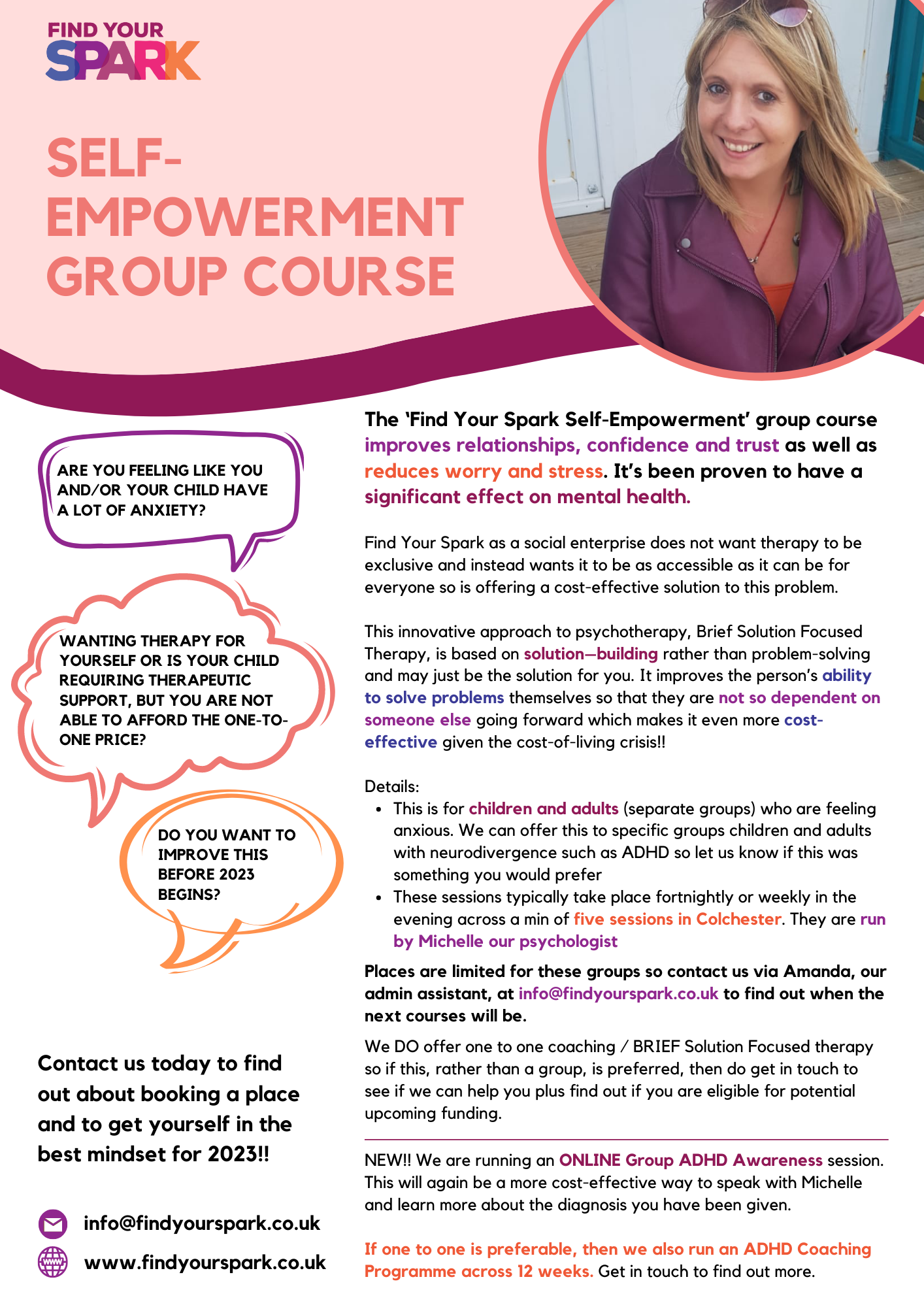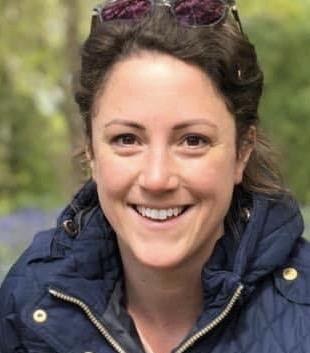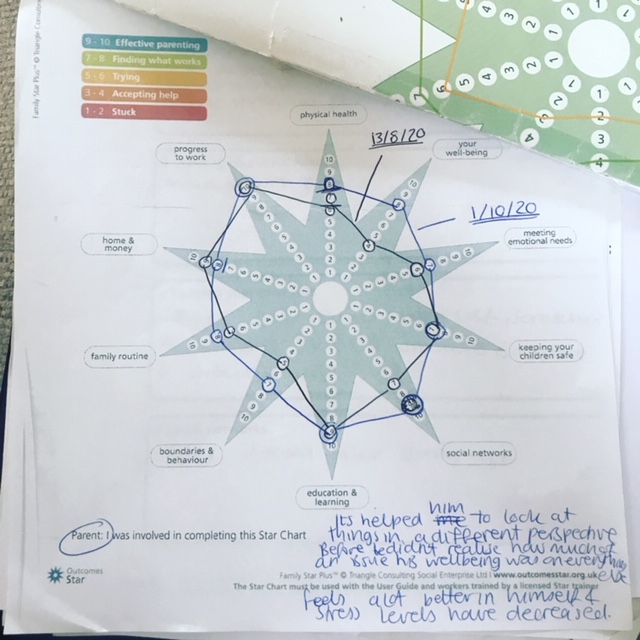The Importance of Nurturing
Hello there! Michelle here. Hope you are all keeping well. I want to start sharing some of my musings to see if it is useful to anyone and to connect and engage with you all. Hope you find it useful!!
I recently watched the Hatchet Killing Hitchhiker. Have you seen it? If not, I would encourage you to, it’s on Netflix and is very compelling. I won’t share the ending in case you have not seen it (spoiler alert, there’s a killing 😉 but after watching it I felt incredibly sad and heartbroken for this young man and the thousands of men like him who are in similar situations as he is.
Reason being, as children there are so many missed opportunities for nurture and what we see instead is neglect and emotional, mental and physical abuse. This has a devastating impact on a child’s development (case in point, the hitchhiker) especially if there is undiagnosed and untreated ADHD there as well.
As adults, we have a responsibility to look after our little ones be it our own or those of our families to ensure they develop and grow up to be the good citizens of the future. And if there are concerns and conditions there, to ensure they get addressed as early as possible and not wait till they are an adult and something bad happens. Prevention not cure has always been my motto.
We are seeing a rise in ADHD diagnoses now which I am grateful for as so many of us have spent years not knowing what was going on with us however what it does mean is that so many of us have been unsupported and mismanaged because of this. The worldwide prevalence of adult ADHD is estimated at 2.6%, but the majority of these cases remain undiagnosed. Due to scepticism and negativity, ADHD wasn’t given the attention it needed, nor were medical professionals given education on neurodiversity.
ADHD was only recognised as a valid condition in the UK in 2000, and officially recognised as an adult condition in 2008. Prior to that, there was a lot of scepticism around ADHD, and it was believed that children grew out of it. This has meant that generations of adults have gone undiagnosed and untreated, unable to manage their condition correctly until they are in later life. This has caused profound damage to many adults who have received late diagnoses, with negative effects around self-esteem and social life, leading to impaired quality of life and significant problems as adults. An estimated 30% of prisoners have ADHD, with people often being criminalised due to issues like anger, disenfranchisement and addiction which are potentially rooted in lack of diagnosis.
To end, my point is that whilst it is great that ADHD is finally getting the attention it deserves, what it does mean is that there are generations out there who have not been assessed, diagnosed, and treated and will therefore have faced difficulties throughout their lives.
It has always been my intention and the why to my business, to support young people so that they don’t end up going down that path due to having ADHD or otherwise and my passion for this is as strong now as it was when I set Find Your Spark up in 2011.
Let me know in the comments or message me directly to let me know your thoughts and whether you agree or disagree with my sentiments. I appreciate my perspective may be different to yours, but that’s okay, we are allowed to have different opinions. I just hope that we leave the world a better place than how we found it!!
If you would like to work with me be it via ADHD coaching or otherwise, get in touch with Amanda who can book you in.











 Aimee takes referrals from schools and parents. As well as reasonably priced assessment packages as standard, she offers reduced rates for schools in the local area under her Colchester Community scheme.
Aimee takes referrals from schools and parents. As well as reasonably priced assessment packages as standard, she offers reduced rates for schools in the local area under her Colchester Community scheme.
 The final session had with this particular parent showed that his scores have improved significantly, as shown in the image.
The final session had with this particular parent showed that his scores have improved significantly, as shown in the image. 